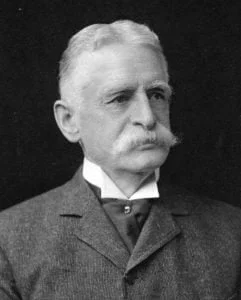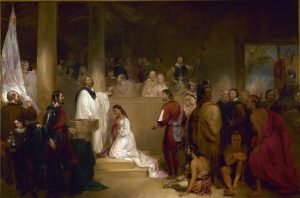Biography of Ernest F. Day, M. D.
Ernest F. Day, M. D. The work of Doctor Day as a physician and surgeon had met with cordial appreciation and patronage since he came to Arkansas City over fifteen years ago. He is in every way a most competent and thorough professional man, and in recent years had extended his opportunities for service by his management, in association with Doctor McKay, of the Mercy Hospital there. Doctor Day is a native of Indiana but had spent practically all his life in Kansas. He was born at Rensselaer in Jasper County, Indiana, October 20, 1876. He is of very old … Read more



